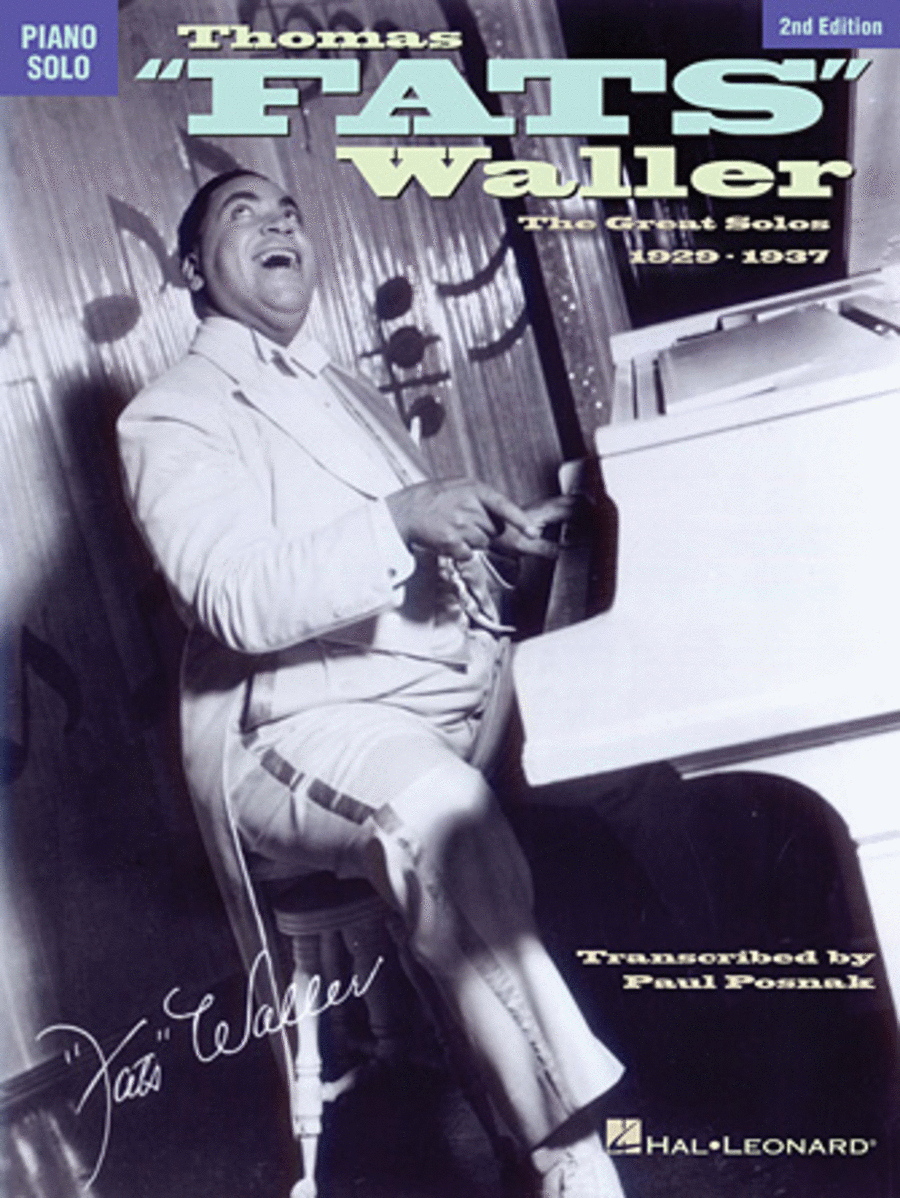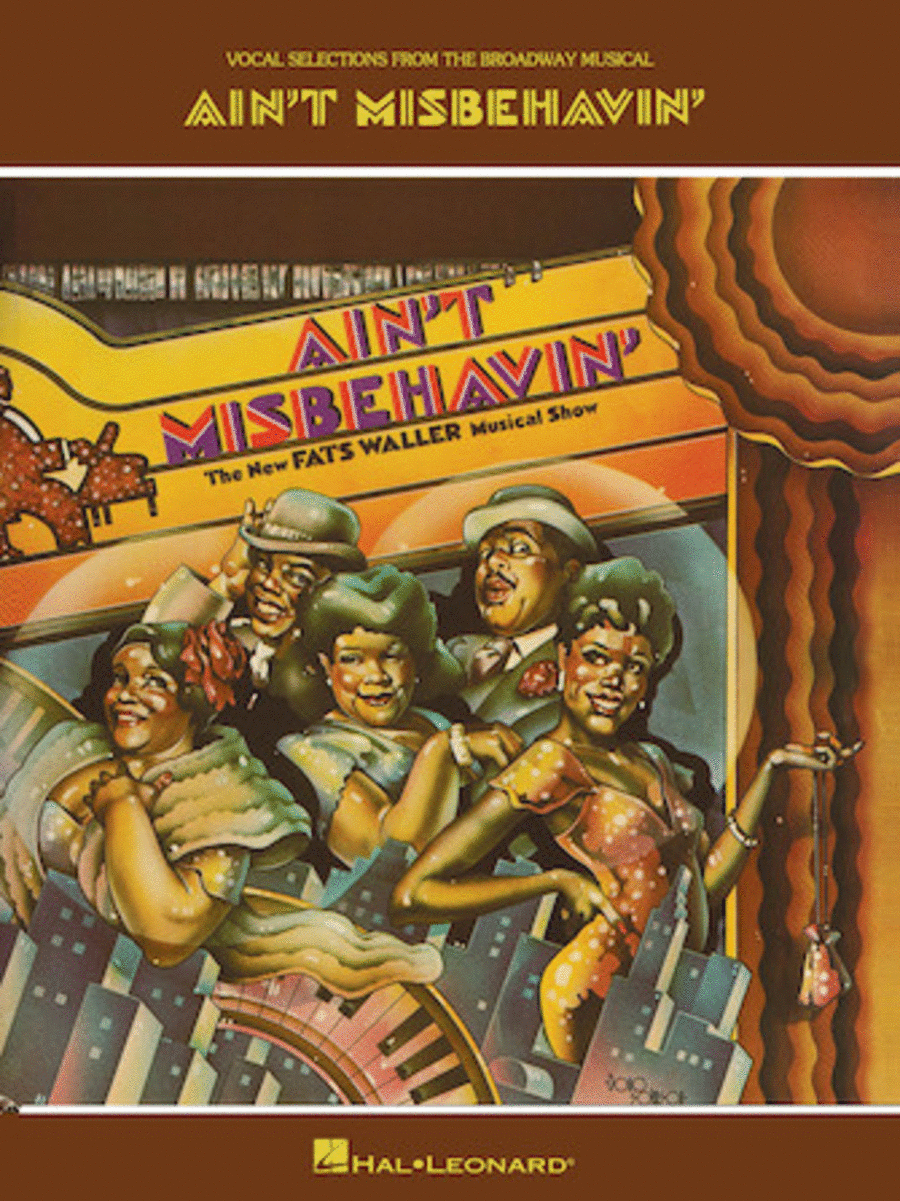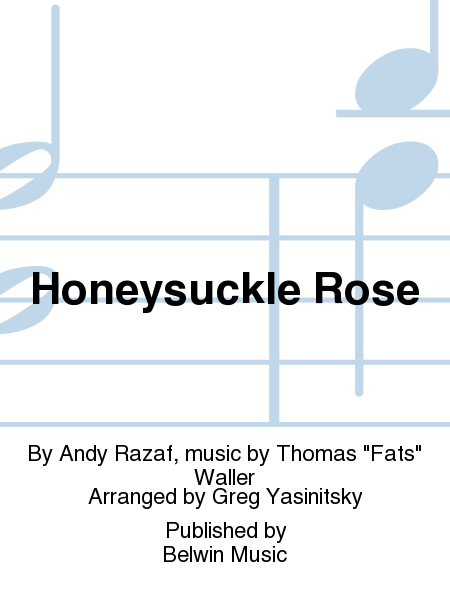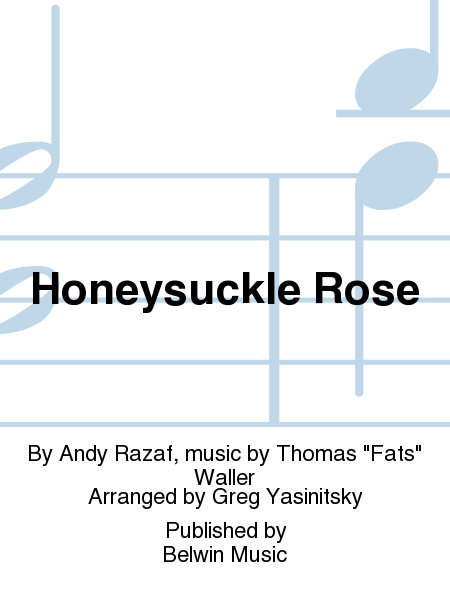Fats Waller (1904 - 1943)
 États-Unis
États-Unis
Fats Waller (May 21, 1904 - December 15, 1943) born Thomas Wright Waller was an American jazz pianist, organist, composer and comedic entertainer. He was the youngest of four children born to Adaline Locket Waller, wife of the Reverend Edward Martin ... (Read all)
Source : Wikipedia
 États-Unis
États-UnisFats Waller (May 21, 1904 - December 15, 1943) born Thomas Wright Waller was an American jazz pianist, organist, composer and comedic entertainer. He was the youngest of four children born to Adaline Locket Waller, wife of the Reverend Edward Martin ... (Read all)
Source : Wikipedia
Intermediate Level : Grade 3-5 Free sheet music of Fats Waller - Ron
4 sheets found sorted by:
Search
| |||||||||||||||||||||||||


















